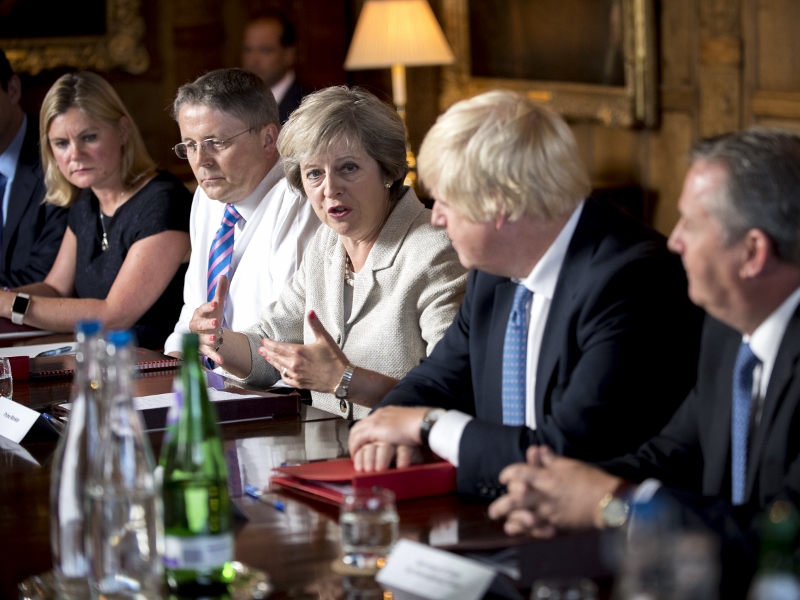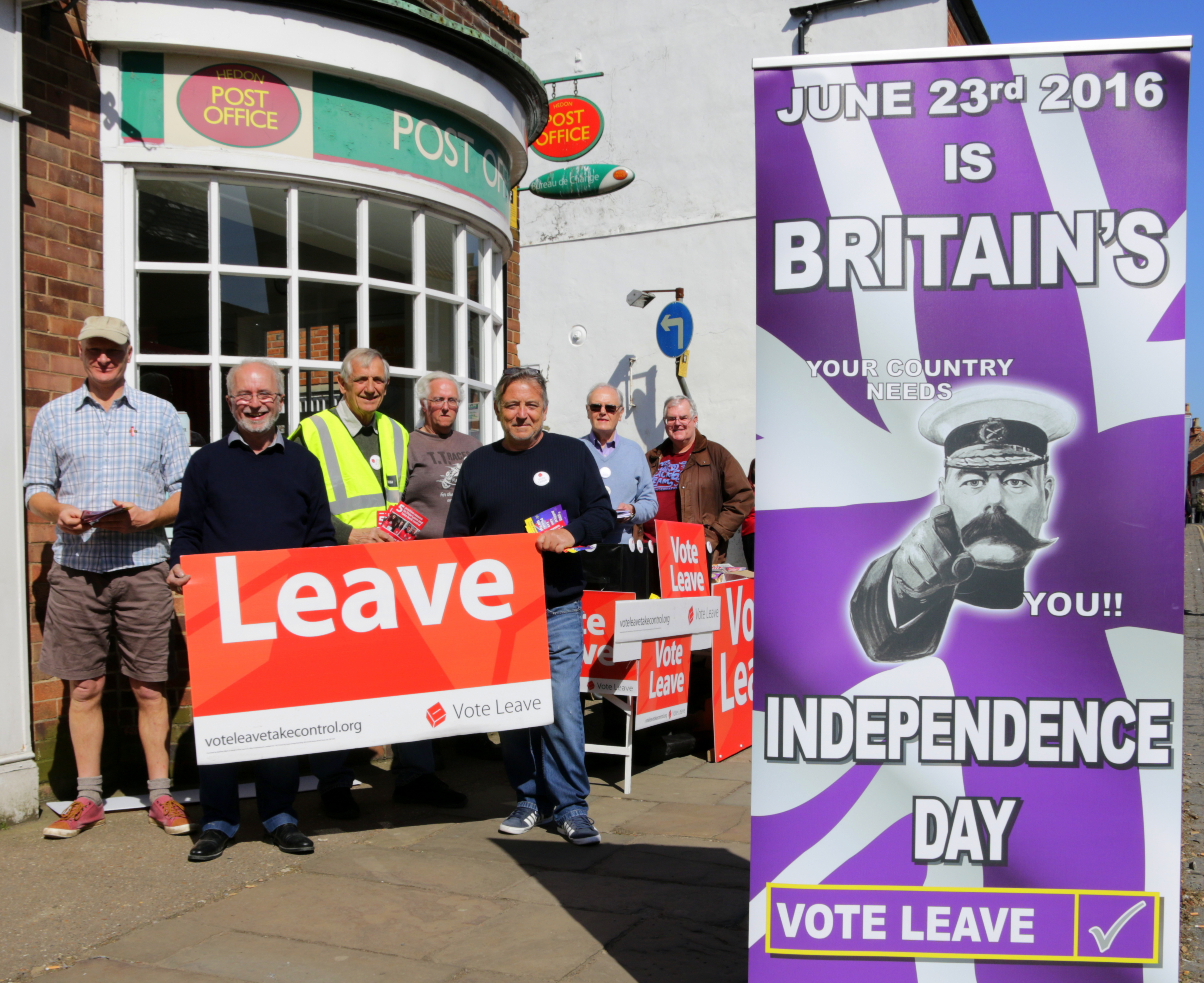
Dame Louise Casey issues divisive report
A year-long report into community cohesion has found that segregation and social exclusion has reached ‘worrying levels’ and is encouraging inequality in some areas of the UK.
The Casey Review said that women in some communities are denied ‘even their basic rights as British residents’.
It was reported that towns have transformed ‘out of all recognition’ because of a failure by governments to handle mass immigration.
Dame Louise Casey pointed to census data that showed there were 682 electoral wards with over 40 per cent non-white British residents in 2011 – and 17 where the figure was 90 per cent – up from just one a decade earlier.
In one borough of Sheffield, she was told of more than 6,000 people of Roma or eastern European heritage, of which more than half were under 16, living predominantly in one ward.
‘A bold integration plan’ should be devised, with Dame Casey calling for the government to instil a deeper sense of British values, especially in schools.
She also added that the UK’s ‘long standing traditions of tolerance, democracy and respect should be better enforced’, along with a new system of oaths for all public officials as well as new immigrants.
Dame Casey accused public bodies of ignoring or condoning divisive or harmful religious practices for fear of being called racist.
Communities Secretary Sajid Javid said he would study the findings ‘closely’, adding that Britain had ‘long been home to lots of different cultures and communities’ yet ‘all of us have to be part of one society’.
Dame Casey’s review into the integration of minorities was commissioned by former Prime Minister David Cameron as part of the government’s efforts to tackle extremism.
Her review said there was a sense that people from different backgrounds got on well together at a general level, but community cohesion ‘did not feel universally strong across the country’.

She found ‘high levels of social and economic isolation in some places, and cultural and religious practices in communities that are not only holding some of our citizens back but run contrary to British values and sometimes our laws’.
The report highlighted that in some Muslim communities, women were less likely to speak English and more likely to be housebound.
Dame Casey said: “Misogyny and patriarchy has to come to an end. We must not fear being racist or homophobic.”
The report drew passionate criticism from former communities minister Sayeeda Warsi, who found the recommendation to emancipate marginalised groups of women particularly misguided.
Baroness Warsi wrote on Twitter: “Yes those words are in the report…The empire strikes back!”
She also argued that many of the statistics were out of date, and failed to talk about raising aspiration among poor white Roma communities.
The baroness also accused Dame Casey of confusing ‘race, ethnicity, origin and faith’ and said that white women were most likely to be victims of domestic abuse.
In conclusion, she said the report had ‘some good bits, a few bad bits and lots of confused bits’.
Dame Casey spoke to 800 people for her review, including public servants, religious representatives, teachers, pupils and local leaders.
She said there were areas which were struggling to cope with the pace and scale of change they faced as a result of immigration, while there were still large social and economic gaps between different ethnic groups.
She added: “Division between communities had been bad for Britain, leading to poorer social and economic opportunities for some groups.
“We need more effort to be put into integration policies to help communities cope with the pace and scale of immigration and population change in recent years.
“Nowhere near enough emphasis’ had been put on integrating communities.”
The report made 12 recommendations, including:
- A programme of projects to boost cohesion, such as local IT courses and sport activities for children
- Councils should regularly collect statistics on hate crime or deficiencies in English
- Government and councils should share their approaches to tackling segregation
- Schools should promote British values to help build integration, tolerance and citizenship
- A review of the ‘rights and obligations’ of immigrants likely to settle in the UK
- New immigrants could have to swear “an oath of integration with British values and society”
- Funding for school projects that encourage children of different backgrounds to mix
- On top of English language classes for adults, special classes to tackle any ‘cultural barriers’ to a person’s employment prospects
- More funding for local English language classes and a review of whether courses are reaching people who need them
- Councils should investigate whether their housing policies help or hinder integration
- Better checks when children are removed from mainstream education
- New oath for public office-holders pledging ‘tolerance of those with different faiths and beliefs’














